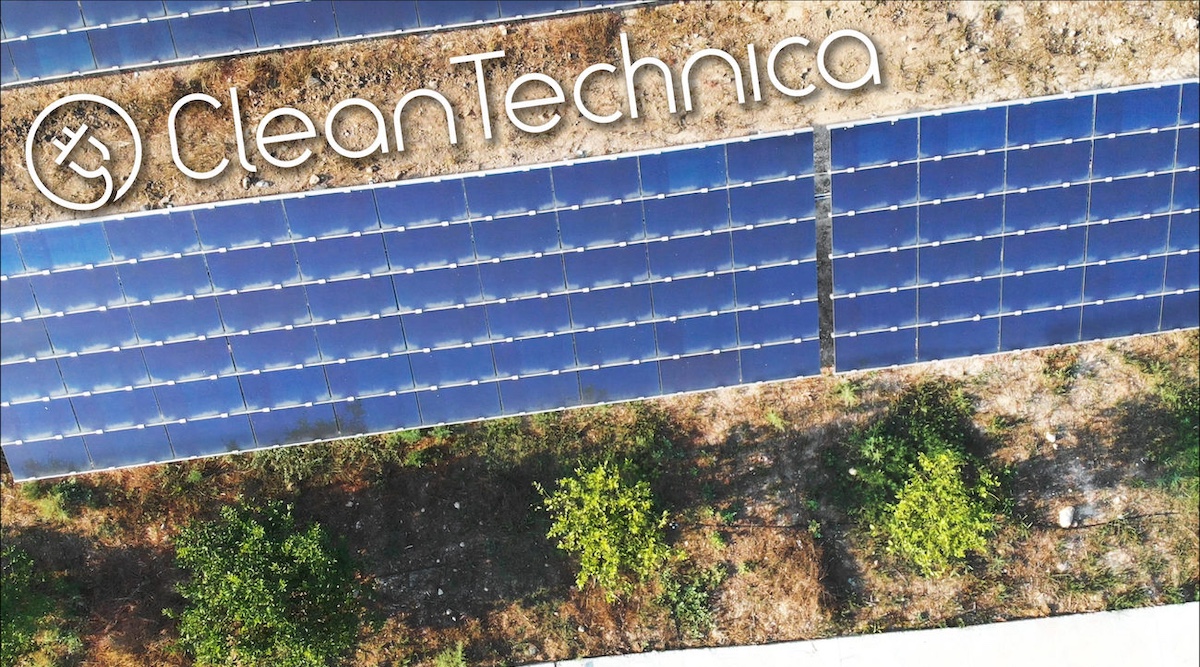Solar Industry Urges Nevada PUC to Change Course on Draft Order that Makes Residential Solar More Expensive


Support CleanTechnica’s work through a Substack subscription or on Stripe.
CARSON CITY, NEVADA — The Public Utilities Commission of Nevada released a draft order that will make rooftop solar more expensive for Nevadans.
Wil Gehl, Intermountain West Regional senior manager for the Solar Energy Industries Association (SEIA), said the following in response to the draft order:
“The draft order issued by the Nevada PUC unfairly imposes a mandatory demand charge on all residential customers in southern Nevada and rewrites the rules for new solar customers in northern Nevada. The draft order also contradicts the legislature’s intent when it restored net metering in Nevada. This is a significant step backward that makes solar less accessible for Nevada families, and we urge the Commissioners to change course.
“With the federal government abruptly ending its support of residential solar, Nevadans now face an even bigger hurdle to accessing one of the few ways to reduce their electricity bills. The draft decision discourages private investment in reliable, affordable, clean energy at a time when the grid needs every electron it can get to power Nevada’s economy.”
According to the U.S. Solar Market Insight Q3 2025 report by SEIA and Wood Mackenzie, over 144,000 Nevada homes have solar, and Nevada has the 3rd-most residential solar capacity per capita of any state.
News release from SEIA.
Sign up for CleanTechnica’s Weekly Substack for Zach and Scott’s in-depth analyses and high level summaries, sign up for our daily newsletter, and follow us on Google News!
Have a tip for CleanTechnica? Want to advertise? Want to suggest a guest for our CleanTech Talk podcast? Contact us here.
Sign up for our daily newsletter for 15 new cleantech stories a day. Or sign up for our weekly one on top stories of the week if daily is too frequent.
CleanTechnica uses affiliate links. See our policy here.
CleanTechnica’s Comment Policy
This post has been syndicated from a third-party source. View the original article here.




